In Canada, there are a lot of gun control laws. That includes a ban on what the American media terms "assault weapons." As it stands, people who currently have them can keep them, but only until they manage to roll out their "buyback" program, which is a separate fiasco.
Those who have these rifles, however, can't actually do anything with them. They can't even take them to the range. They can just sit in their gun safes and collect dust. That's it.
This is fascinating to me because I came across a story of an arrest in Victoria, British Columbia, where the alleged bad guy had a lot of things that suggested the guns they found weren't going to be left in the gun safe before being sent to the government at some nebulous point in time.
A combined effort by the Victoria Police Department (VicPD) and the West Shore RCMP led to one man's arrest and the seizure of 20 firearms, over 20,000 rounds of ammunition, $27,000 in cash, 4.5 kilograms of cocaine and two sets of ballistic armour.
In early June, VicPD's General Investigative Services (GIS) started an investigation into the suspected drug trafficker. The identified suspect's home was located in Langford, in the 800-block of Pintail Place. Because of that, the VicPD's strike force team, West Shore RCMP's emergency response team and emergency services executed a search warrant on the home on June 25.
During the search warrant, the man was arrested and the drugs, weapons, and cash were seized.
He was later released from custody as the investigation continues, but a VicPD spokesperson, Const. Terri Healy, said there is no “immediate concern for community safety.”
Now, 20 firearms and 20,000 rounds of ammunition would have the American media losing their minds. I can only imagine how freaked out the Canadian media is about it.
The number of guns isn't overly alarming in and of itself to me, mostly because I know way too many people with a lot more than that and who have about as much ammo on hand.
No, what's the issue is the more than 10 pounds of cocaine and the $27,000 in cash (which I assume means Canadian, but that's still not pocket change in US dollars). That's someone heavily involved in the drug trade.
What's not mentioned is how the individual obtained the guns. That's an important distinction that I personally think will ultimately be omitted on purpose. The reason for that is because if this guy got the guns the way I figure he did, it undermines the Canadian government's whole anti-gun argument.
Pro tip: If you can get cocaine by the pound, you can probably get guns without too much of a hassle.
That much cocaine isn't particularly small. It's not the size of a 1957 Buick or anything, but it's not something you can just slip in your pocket, either. What that means is that the space and routes used to smuggle cocaine can be used to smuggle guns. These are mostly so-called assault weapons, but handguns are a lot more common among the criminal class, and a couple of keys of coke take up more space than a Glock 19.
Attempts to restrict guns to keep them out of the hands of people like this (allegedly) are always going to fail because we've never been able to stop drug trafficking. Guns are easier to hide, more important to criminals, and are actually legal in many parts of the world to some degree or another.
Criminals will get them because criminals want them and will pay for them.
The sooner some people get this fact through their thick skulls, the sooner we can stop restricting the rights of ordinary people because of the actions of the criminal or deranged.
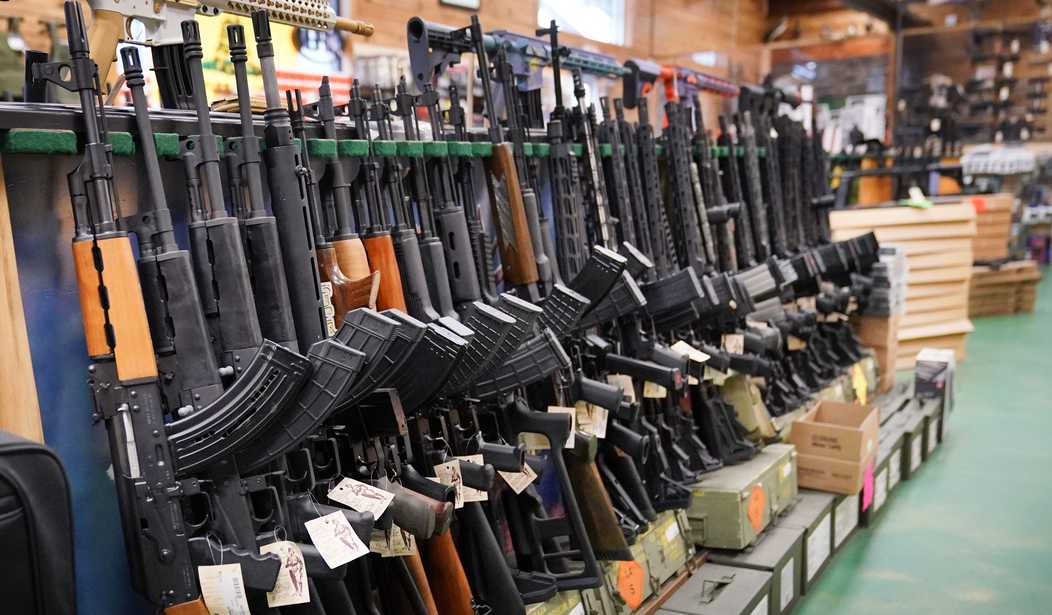
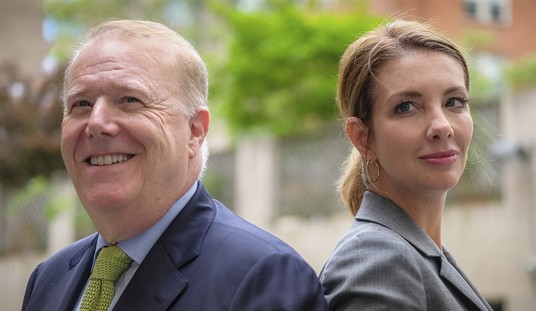

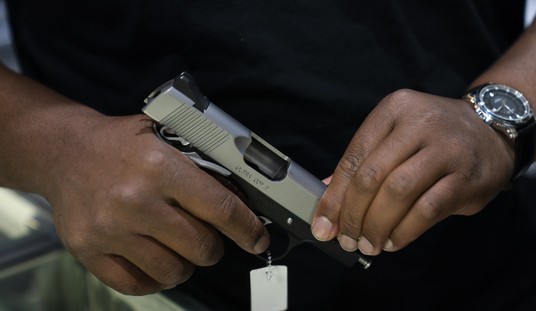

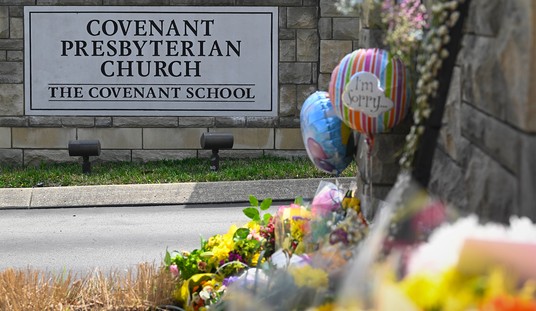
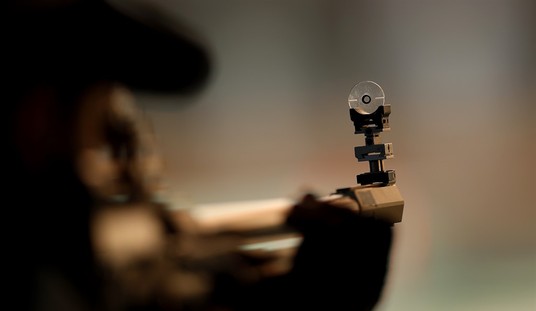
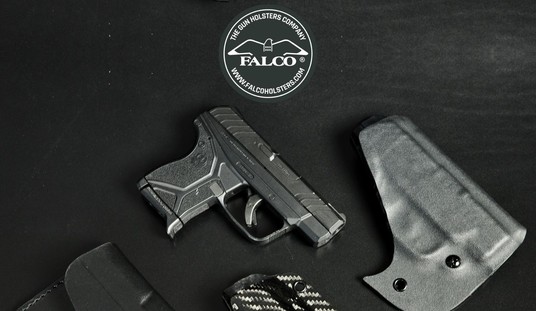
Join the conversation as a VIP Member